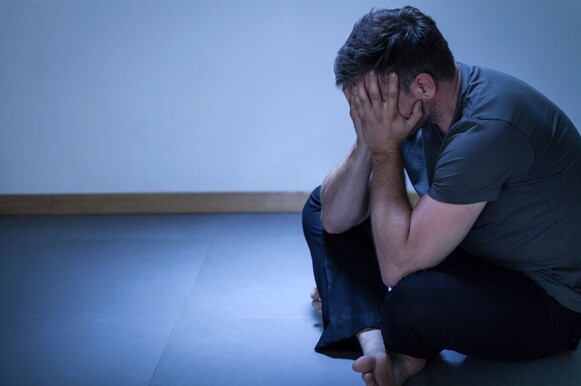Gary Says...
It is important to prioritize our mental health and wellbeing just as much as we prioritize our physical health. Having a healthy mind means being able to manage the challenges and stressors that come with daily life, and having strategies in place to help maintain balance and connection. This is especially important for those living in rural areas, where access to mental health resources may be limited.
Unfortunately, there is still a stigma surrounding mental health, which can make it difficult for people to ask for help when they need it. This can lead to negative consequences, including serious mental health issues and even suicide.
Mental Health crosses all ages, so, it is important to remember that everyone, regardless of gender or occupation, can struggle with their mental health. It is okay to talk openly about our feelings and experiences, and seeking help when we need it is a sign of strength, not weakness.
By taking the time to prioritize our mental health, we can improve our overall wellbeing and lead happier, more fulfilling lives. So, let's remember to take care of ourselves, both physically and mentally, and seek help and support when we need it.
What are some strategies for looking after your mental wellbeing, particularly when living in rural areas?
Living in rural areas can present unique challenges to mental health, such as isolation, lack of social support, and unpredictable circumstances. To look after mental wellbeing, it's important to develop habits that promote balance, connection, and self-care. Here are soe strategies:
Stay connected: Regularly socialize with friends and family in person or online. Consider joining a volunteer group or offering to help in your community to meet new people.
Befriend your neighbors: Get to know your neighbors and invite them over for dinner or a BBQ. It's reassuring to have a support system close by in case of an emergency.
Eat a healthy diet: A healthy diet with plenty of fruits and vegetables can help you stay energized and feeling good.
Get enough sleep: Make sure you're getting enough good quality sleep. Lack of sleep can have serious impacts on your health and wellbeing.
Stay active: Regular exercise can reduce stress, increase positive mood, and keep you fit and healthy. Consider exercising or playing sports with other people to stay socially engaged.
Additionally, the "Five Ways to Wellbeing" can be a helpful framework to promote mental wellbeing. These include:
Connect: building positive relationships with others
Be active: regular physical activity to improve physical and mental health
Take notice: paying attention to the present moment and mindfulness practices
Keep learning: ongoing learning and personal growth
Give: acts of kindness and giving back to others.
